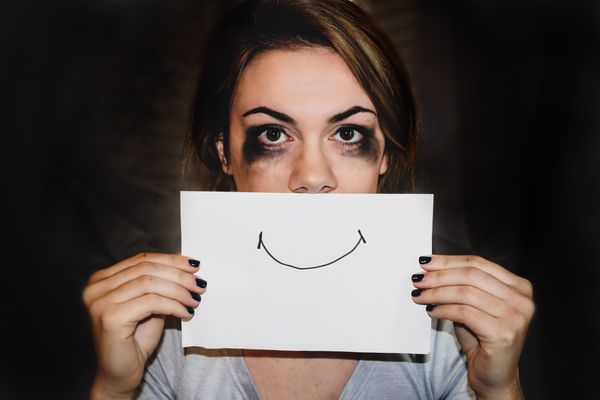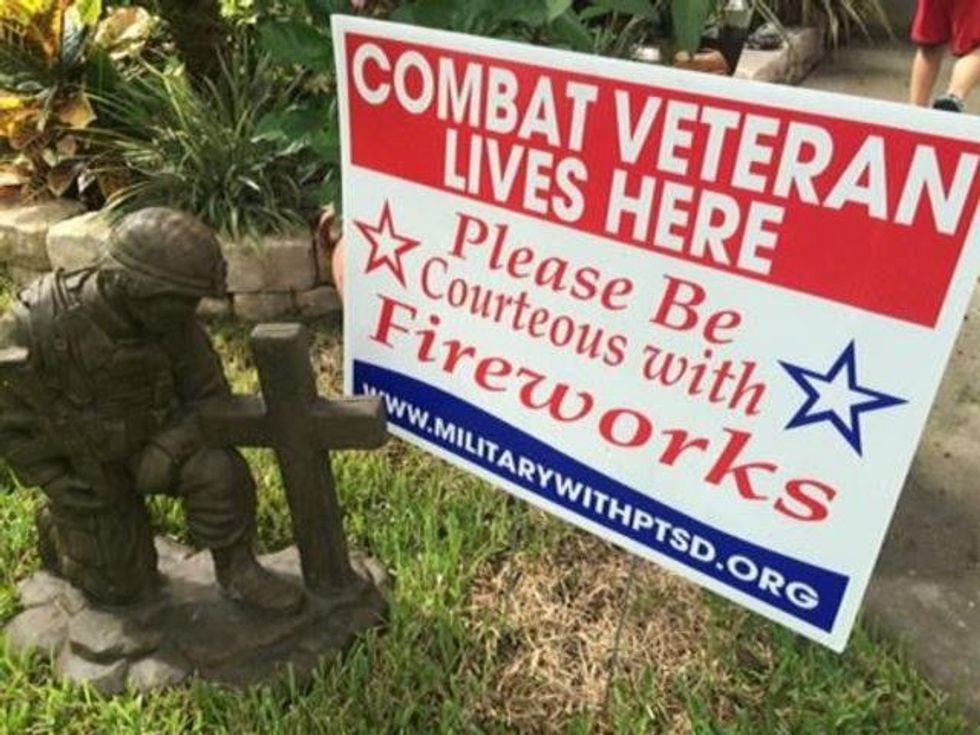Happy Birthday, America.
It's that wonderful time of year (and I'm not meaning Christmas). It's the time where families will gather, grill, play games, maybe go to the beach or lake, and enjoy our freedom. It's times like these that we take a step back to remember where we came from, to pay our tributes to those we have lost and those who aren't able to be with us because they're overseas. For what they have or are sacrificing for us. Some of us are fortunate to celebrate with our loved ones who have served our country on this day. The shocking reality, though, for some is that they may be back with us, but have they really left the battlefield?
According to Anxiety.org, in 2014 the Census Bureau reported that 21.8 million veterans were able to celebrate with their families on July 4th, but 20% of them suffer from PTSD. That is roughly 4 million veterans.
For those who don't know, PTSD stands for Post-Traumatic Stress Disorder. It is a mental health disorder that is triggered by significant life impacting events. They can suffer flashbacks, nightmares, severe anxiety, and uncontrollable thoughts. Now you don't have to serve in the military to develop this, a horrible car accident or surviving a disastrous natural weather event can certainly cause this. Just like in those cases, though, you might avoid cars or when severe weather approaches you might get antsy. This is the case for veterans on the fourth.
They know that fireworks are associated with the fourth. They understand, and mentally prepare themselves for it. It's the unexpected 'booms' and unexpected flashes of light from fireworks that get them. It's common knowledge that fireworks, when they go off, sound like gunshots or bombs. They can be bright and colorful. This isn't a surprise to anyone, but to veterans who don't know that you're about to do them right outside their home. It can send them over, sending them into an anxiety attack. A flashback of the battlefield that they left, where they might have lost a brother in combat or one of their own limbs. It could lead to much worse things.
Veterans don't want this fun activity and past time associated with celebrating our nations freedom to end. They get it. They understand. They want to celebrate too. They just ask that you let them know of your celebrations ahead of time. Don't surprise them. If at all possible, celebrate elsewhere. It may be inconvenient for you, but a little inconvenience to you is better than sending a veteran over the edge. They deserve the respect. They risked their life for you to be able to do this and everything else.
This fourth of July go and celebrate with friends and family. Go celebrate America. Remember this, though, millions of veterans live with PTSD. It could be your neighbor, your grandpa, or anyone you know. Be aware and most importantly, be respectful. Not only for you, but for them and their loved ones too.
If you or someone else know a veteran who suffers from PTSD, consider visiting Military with PTSD. Educate yourself, give a donation, or consider purchasing a sign for someone. Make the fourth a holiday we can all enjoy.





















